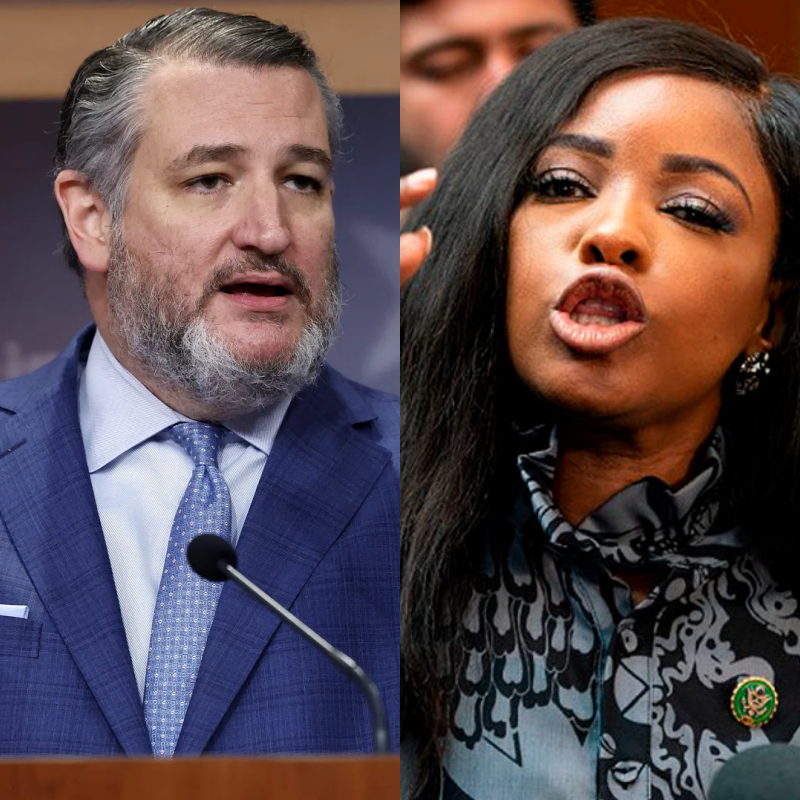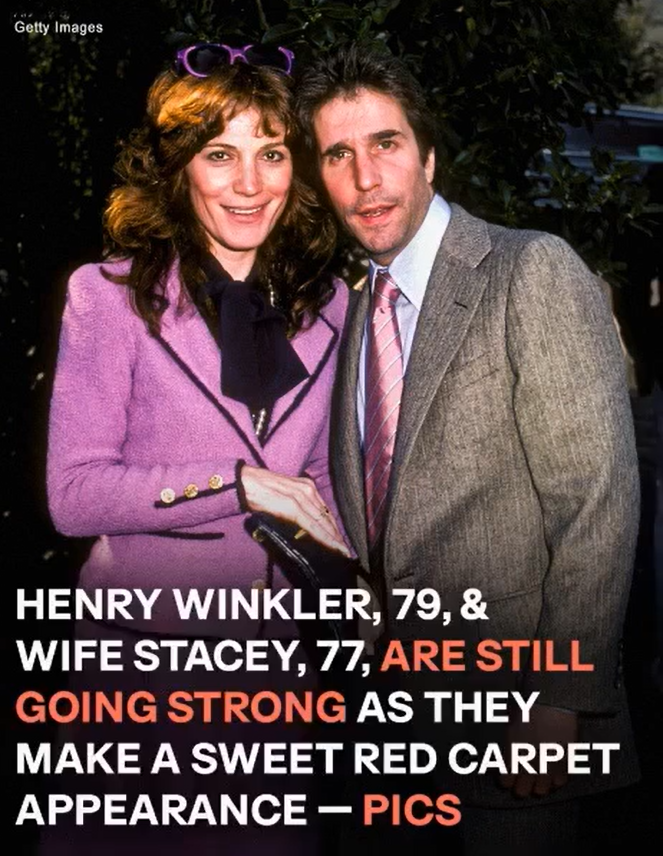Ted Cruz Obliterates Jasmine Crockett: The Chamber Goes Silent!
Ted Cruz Obliterates Jasmine Crockett: A Moment of Reckoning in Congress
In a stunning display of political accountability, Senator Ted Cruz delivered a blistering critique of Congresswoman Jasmine Crockett during a recent hearing that left the chamber in stunned silence. The atmosphere was charged as Cruz confronted Crockett, not with the usual soundbites or political theatrics, but with a meticulously detailed examination of her record. This moment marked a pivotal shift in the narrative surrounding accountability in Congress, exposing the gap between performance and public service.
.
.
.

The Setting of the Showdown
As the hearing commenced, it was clear that this was no ordinary session. The usual buzz of anticipation was replaced by an undercurrent of tension. Cruz, known for his sharp legal mind and no-nonsense approach, faced off against Crockett, who entered the room not as a legislator but as a carefully crafted persona. Her bold attire and deliberate movements suggested she was more focused on capturing social media attention than engaging in substantive legislative discourse.
Crockett, a rising star within her party, had built her brand on being provocative and disruptive. However, Cruz was not there to play into her narrative. He was armed with facts, ready to dismantle the facade she had constructed around her political identity.
Cruz’s Opening Salvo
Cruz began his address with a pointed observation: “Congresswoman Crockett, your party calls you a rising star. They say you’re fearless, disruptive, necessary.” He paused for effect before continuing, “But what the American people want isn’t disruption. They want discipline. They want delivery.” This statement set the tone for the confrontation that followed, as Cruz highlighted the stark contrast between Crockett’s media presence and her legislative accomplishments.
He pulled out a document labeled “Congressional Performance Summary” and laid it on the table, revealing shocking statistics: a mere 43% committee attendance rate, zero bills passed, and no town halls held. While Crockett had amassed a significant media footprint, her legislative record told a different story. Cruz pointed out, “In two years, you’ve built a bigger media footprint than legislative one. Your constituents didn’t send you to DC to star in a show. They sent you to fix the system.”
The Video Evidence
To further drive his point home, Cruz played a video clip showcasing Crockett at a lavish event, champagne glass in hand, declaring her desire to “take Elon Musk down.” The crowd laughed, but Cruz quickly juxtaposed this moment with news footage of a bomb threat at a Tesla facility shortly after her remarks. “You didn’t build the bomb, but you built the atmosphere,” Cruz asserted, emphasizing the potential consequences of her provocative rhetoric.
He continued to dissect her public persona, showing clips from her podcast where she boasted about being hired as a public defender because of her race. Cruz challenged her, asking, “Imagine if someone said they got hired because they were white. Would that be acceptable?” His questioning highlighted a troubling trend: using identity as a shield against accountability.

The Record of Neglect
As Cruz delved deeper into Crockett’s record, he highlighted the pressing issues facing her district—rising crime rates, declining graduation rates, and small businesses closing their doors. “You’ve authored no legislation to address any of it,” he stated, pointing out that while Crockett was busy curating her image online, her constituents were suffering.
Cruz contrasted her social media activity with her legislative duties, revealing that she had posted 114 times on Twitter in the last month alone while neglecting her responsibilities as a public servant. “You ran a campaign to expand your influence, not their opportunity,” he declared, underscoring the disconnect between her actions and the needs of her constituents.
The Merchandise Model
The senator then shifted his focus to Crockett’s financial practices, revealing a troubling pattern of spending that prioritized branding over service. He displayed documents detailing expenditures on media branding firms, community engagement videography, and even wardrobe styling. “These aren’t outreach expenses. These are brand investments,” Cruz pointed out, suggesting that Crockett was more interested in cultivating her image than addressing the needs of her district.
He further exposed her use of campaign funds for personal promotion, showcasing a screenshot from her campaign website featuring merchandise like T-shirts and hoodies emblazoned with her slogans. “How many bills were filed while you were deciding between sweatshirt slogans?” Cruz asked, emphasizing the prioritization of personal branding over legislative action.
The Ethical Implications
Cruz’s critique took a serious turn as he presented evidence of ethical violations, including the misappropriation of public resources for personal gain. He read aloud a sworn statement from a former staffer who described the office’s focus on social media management rather than legislative work. “You see the office as a platform, not a job,” Cruz asserted, highlighting the troubling implications of Crockett’s approach to governance.
As he laid out the details of her actions, the atmosphere in the chamber shifted. The tension was palpable as Cruz methodically dismantled Crockett’s defenses, exposing the flaws in her narrative. “You didn’t just neglect your voters. You abandoned them,” he stated, his voice steady and resolute.
/https://static.texastribune.org/media/files/6c238db317b78730df68dec2497b0beb/0402%20Jasmine%20Crockett%20REUTERS%20TT%2001.jpg)
The Confrontation of Identity Politics
Cruz’s most powerful moments came when he confronted Crockett’s use of identity politics as a shield against criticism. He played a montage of her statements claiming that any critique of her was rooted in racism or sexism. “Critique isn’t racism. Accountability isn’t sexism,” he emphasized, challenging her to take responsibility for her actions.
He pointed out that while representation matters, Crockett’s approach had devolved into “reputation laundering.” She had used her identity not to elevate her constituents but to evade accountability for her failures. This confrontation struck a chord, resonating with many in the chamber who recognized the dangers of weaponizing identity for personal gain.
The Final Referral
As the hearing reached its climax, Cruz held up a formal Senate Ethics Referral document, detailing the allegations against Crockett. “This isn’t about one party. It’s about one standard,” he declared, calling for accountability across the board. The referral included serious charges of misappropriation of public resources, solicitation of campaign funds through ethically ambiguous content, and repeated refusal to engage with documented ethics inquiries.
With the weight of the evidence behind him, Cruz made a compelling case for action. “If this chamber refuses to act now, it sends a message to every future representative: performance pays, service is optional, and ethics are flexible,” he warned, urging his colleagues to uphold the standards of public service.
The Aftermath
In the wake of Cruz’s scathing critique, the response from Crockett’s party was notably muted. Many Democratic leaders refrained from defending her, recognizing the gravity of the situation. Local newspapers began calling for her resignation, and community leaders voiced their frustrations over her neglect of constituent services.
As the dust settled, it became clear that this confrontation had far-reaching implications for the future of accountability in Congress. Cruz’s relentless pursuit of the truth had exposed the dangers of prioritizing personal branding over public service, and the repercussions of Crockett’s actions would likely resonate in her district for years to come.
Conclusion
The showdown between Ted Cruz and Jasmine Crockett serves as a cautionary tale for lawmakers who prioritize performance over substance. In an age where social media and personal branding often overshadow legislative responsibilities, Cruz’s powerful critique underscores the importance of accountability in public office. As the chamber fell silent, it became evident that the era of unchecked performance politics may be coming to an end. The stakes are high, and the American people are watching closely, demanding genuine service from their representatives rather than mere spectacle.
Henry Winkler Attends Television Academy Hall of Fame Event with Family

Henry Winkler, beloved by generations for his iconic role as “The Fonz” on Happy Days, received one of television’s highest honors at the Television Academy’s 27th Annual Hall of Fame Ceremony, held on August 17 at the JW Marriott LA Live in Los Angeles. The evening was both a professional triumph and a deeply personal celebration, as Winkler was surrounded by his closest family members.
His wife of nearly 50 years, Stacey Weitzman, stood proudly by his side, along with their children — director Max Winkler, Jed Weitzman with his wife Amanda, and Zoe Winkler Reinis with her husband Rob. Together, they shared in the joy of witnessing a milestone that honored not only Winkler’s extraordinary career, but also the love and support that has carried him through it.
In a particularly emotional moment, Winkler was inducted by longtime friend and colleague Bob Daly, who himself had been honored in 2022. Winkler reflected on the symmetry of the occasion, warmly telling the audience: “I would not be here at this podium right now if it were not for you,” recalling how just three years earlier he had been the one to induct Daly into the Hall of Fame. The exchange underscored the enduring friendships and mutual respect that have defined Winkler’s career in the entertainment industry.
Family support was a central theme of the evening. Photographers captured heartwarming images of Winkler smiling alongside his wife, children, and their spouses, turning the ceremony into more than just a professional accolade — it became a true family celebration.
The night also honored other major figures in television, including Viola Davis, Ryan Murphy, Conan O’Brien, Mike Post, and the late Don Mischer, each recognized for their unique and lasting contributions to the medium. The event highlighted the diversity of talent that continues to shape the history of television, placing Winkler among an elite group of visionaries and creators.
Following the ceremony, Winkler shared his gratitude with fans on social media, describing the experience as “an overwhelming night.” His words captured both the magnitude of the honor and the profound sense of love that filled the room — a fitting tribute to a man whose career has spanned decades, and whose warmth, humor, and humanity have left an indelible mark on television history.





